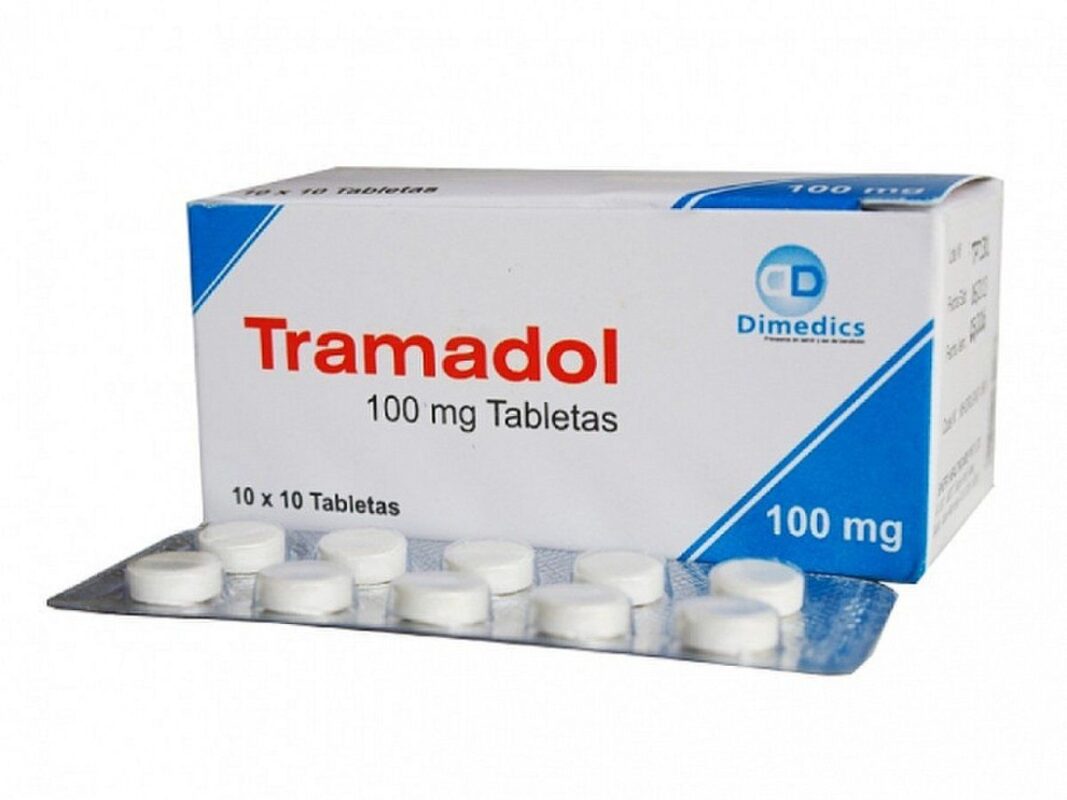Uncategorized
Understanding 100mg Tramadol Capsules: Uses, Dosage, and Precautions
100mg Tramadol Capsules, Tramadol is a widely prescribed medication known for its effectiveness in managing moderate to severe pain. Available in various forms, including 100mg capsules, tramadol is particularly valued for its unique mechanism of action, which not only helps alleviate pain but also has a lower risk of addiction compared to traditional opioids. This blog post will explore the uses, dosage, and precautions associated with 100mg tramadol capsules.
What is Tramadol?
Tramadol is a synthetic opioid analgesic that works on the brain’s pain receptors to reduce the sensation of pain. It is commonly prescribed for conditions such as post-operative pain, chronic pain due to arthritis, and other painful conditions. Unlike stronger opioids, tramadol is considered less potent, making it a suitable option for many patients.
Uses of 100mg Tramadol Capsules
The primary use of 100mg tramadol capsules is to relieve moderate to severe pain. Some common conditions treated with tramadol include:
- Post-Surgical Pain: After surgical procedures, tramadol can help manage the pain that patients experience during recovery.
- Chronic Pain Management: Conditions such as fibromyalgia, osteoarthritis, and neuropathic pain can be effectively managed with tramadol.
- Pain from Injuries: Tramadol can also be used to relieve pain resulting from injuries or accidents.
Dosage Information
The dosage of tramadol can vary depending on the severity of pain, individual patient response, and specific medical conditions. For adults, the typical dosage of 100mg tramadol capsules is as follows:
- Initial Dose: Many doctors start patients on a lower dose to assess their tolerance and effectiveness. The usual starting dose is often 50mg to 100mg.
- Maintenance Dose: Depending on the patient’s response, the dose may be increased, with a maximum recommended dose of 400mg per day.
- Frequency: Tramadol capsules are usually taken every 4 to 6 hours as needed for pain relief. It is essential not to exceed the prescribed dosage to avoid potential side effects or complications.
Precautions and Side Effects
While tramadol is generally safe when used as directed, it is crucial to be aware of potential side effects and precautions:
- Common Side Effects: These may include dizziness, drowsiness, nausea, constipation, and headaches. Patients should avoid activities that require full alertness, such as driving, until they know how tramadol affects them.
- Risk of Dependence: Although tramadol has a lower risk of addiction compared to other opioids, there is still a potential for misuse. Patients should use tramadol only as prescribed and communicate any concerns with their healthcare provider.
- Drug Interactions: Tramadol can interact with various medications, including antidepressants and other central nervous system depressants. It is vital to inform your doctor about all medications you are taking.
- Not for Everyone: Patients with a history of substance abuse, seizures, or certain medical conditions should discuss the risks and benefits of tramadol with their healthcare provider.
Conclusion
100mg tramadol capsules offer a valuable option for managing moderate to severe pain. Understanding its uses, proper dosing, and potential side effects is essential for safe and effective pain management. As with any medication, it is crucial to follow your healthcare provider’s guidance and report any adverse effects or concerns promptly. If you believe tramadol might be suitable for your pain management needs, consult with your healthcare provider to discuss your options.

